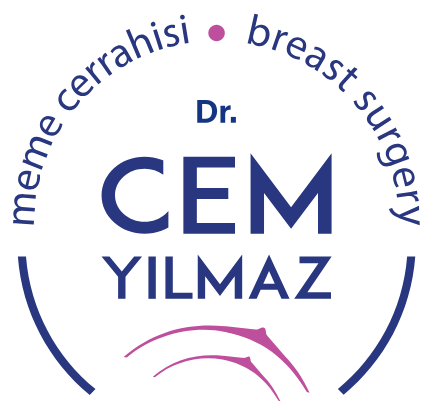Saturday: 08:00 - 14:00
Breast Cancer Risk Factors
It is known that breast cancer is more common in women with certain characteristics. Having characteristics considered risk factors for breast cancer does not necessarily mean that they will develop breast cancer. However, the likelihood of developing breast cancer is higher than in other women. Not having these risk factors does not mean that they will not develop cancer. Many women who develop breast cancer do not have any of these risk factors.
Half of the women diagnosed with breast cancer do not have these risk factors at all. Therefore, even those without these risk factors should have regular checkups. However, women with more than one of these risk factors should be more vigilant.
Age: This is one of the single most important risk factors for the development of breast cancer. The risk of developing breast cancer increases with age. However, breast cancers in our country occur at younger ages than in Western societies. 70% of women diagnosed with breast cancer are over the age of 50.
According to a study published by the American Cancer Institute, the probability of a 20-year-old woman developing breast cancer in the next 10 years is 1 in 2187. This rate increases with age, reaching one in 258 women at age 30, one in 67 at age 40, one in 38 at age 50, one in 29 at age 60, and one in 25 at age 70.
Family History of Breast Cancer: A history of breast cancer, especially in a first-degree relative on the mother's side (mother, aunt, grandmother, sister, or daughter), is considered a significant risk factor. If these relatives were diagnosed with breast cancer before menopause and had bilateral breast cancer, the risk increases even further. Conditions that further increase familial risk, or suggest that the cancer may be familial, include: (1) having breast cancer in multiple close relatives, (2) onset at a young age, and (3) bilateral disease.
10-15% of breast cancers are familial. Identifying those with a genetic predisposition to breast cancer is crucial, as these women have a 40-60% lifetime risk of developing breast cancer.
Two genes with a proven link to breast cancer are BRCA1 and BRCA2. Women with mutations (changes) in these genes have a much higher risk of developing breast or ovarian cancer than those without these mutations.
Personal breast cancer history: A woman who develops cancer in one breast has a higher risk of developing cancer in the other breast than other women in the general population. Furthermore, having ovarian, uterine, or colon cancer also increases the risk of breast cancer.
Hormonal Factors (Estrogen): Early menarche (first menstrual period before age 12) and late menopause (after age 55), delayed first full-term pregnancy (after age 35), and never having had a child increase the risk of breast cancer.
The use of birth control pills and the use of external hormonal medications for menopause treatment are also considered risk factors, although they are still controversial.
Some benign breast diseases: A small portion of benign breast diseases pose a risk factor for the development of breast cancer.
Having undergone a breast biopsy: Moderate hyperplasia detected in breast biopsies increases the risk of breast cancer by 1.5-2 times (mild), atypical ductal hyperplasia by 3-5 times (moderate), and lobular carcinoma in situ (non-invasive) or a family history of atypical ductal hyperplasia or lobular hyperplasia increases the risk by 8-10 times (high).
Radiation: Those who received radiotherapy to the breast area in the first 30 years of life or those treated for lymphoma have an increased risk of developing breast cancer later in life. This risk is particularly high in those who received radiotherapy before the age of 15. However, the radiation dose used during breast tissue imaging (mammography) is too low to pose a risk for breast cancer.
Nutrition and Environmental Factors: A high-fat diet and weight gain increase the risk of breast cancer, especially in menopausal women. Alcohol consumption (more than one drink per day) also increases the risk, while the impact of smoking is still debated. Regular exercise and physical activity are known to reduce the risk of breast cancer.


